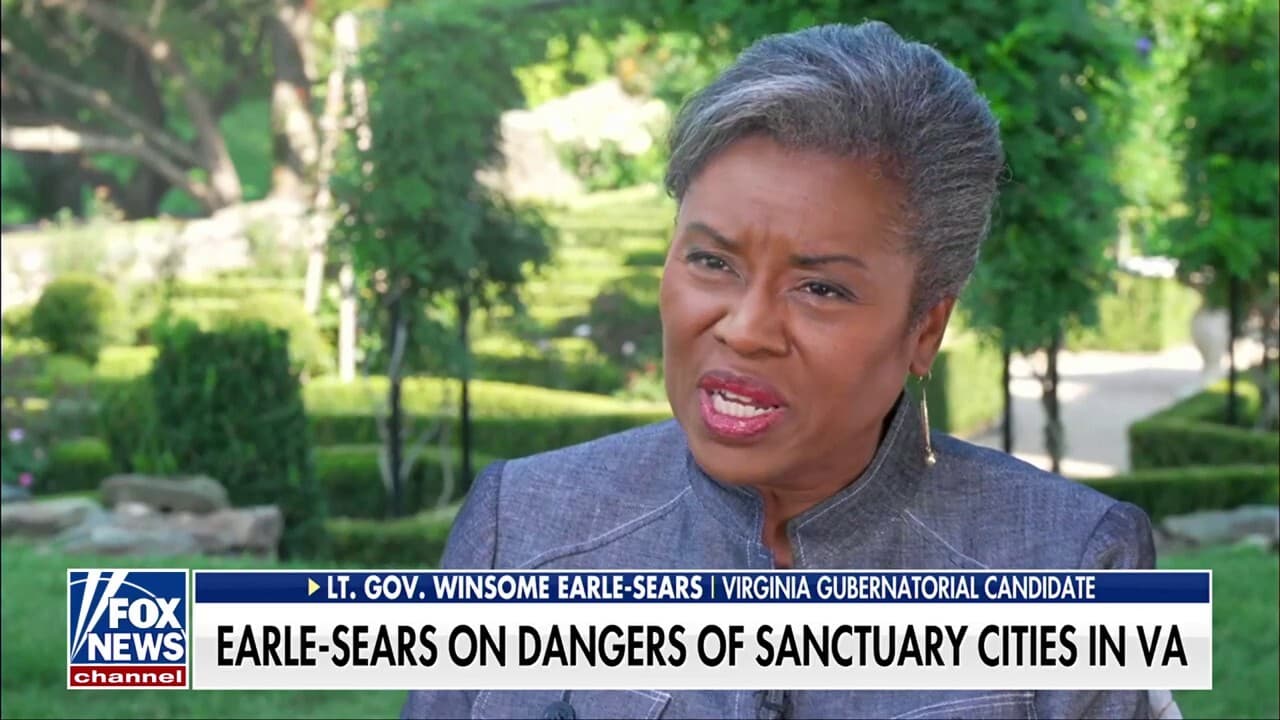Winsome Earle-Sears Cites 1970s Jamaican Economic Hardship in Anti-Socialism Stance

Virginia Lieutenant Governor Winsome Earle-Sears recently reiterated her strong opposition to socialist policies, drawing on her family's personal experiences in Jamaica during the 1970s. In a social media post, Earle-Sears, a Republican gubernatorial nominee, asserted that "Socialism destroys everything it touches," detailing a past of "empty grocery shelves, no jobs, and no money" in the Caribbean nation. She concluded, > "It failed there, and it’ll fail here too."
Earle-Sears, who was born in Jamaica and immigrated to the United States at age six, frequently references her background to underscore her political arguments against government-led economic systems. Her statements align with her broader conservative platform, which emphasizes free-market principles and limited government intervention. She has consistently maintained that her family's decision to return to the U.S. was influenced by the economic conditions under Jamaica's then-socialist government.
The period Earle-Sears refers to corresponds with the first administration of Prime Minister Michael Manley, who governed Jamaica from 1972 to 1980 under a democratic socialist program. Manley's government implemented significant socio-economic reforms, including free education, a national minimum wage, and land redistribution, aiming to address deep-seated inequalities. These policies also involved increased state control over key industries and closer ties with socialist nations like Cuba.
However, Manley's ambitious reforms coincided with a challenging global economic climate, marked by the 1973 oil crisis and declining commodity prices, which severely impacted Jamaica's economy. This era saw a notable withdrawal of foreign investment, leading to widespread shortages of goods, high inflation, and rising unemployment. The economic difficulties were compounded by significant political violence that characterized the late 1970s.
While Manley's supporters argue his policies were a necessary response to post-colonial economic disparities and were undermined by external pressures, critics, including Earle-Sears, point to the tangible hardships experienced by the population. Manley himself later shifted towards more market-oriented approaches during his second term as prime minister from 1989 to 1992, acknowledging the limitations faced by his earlier socialist agenda.